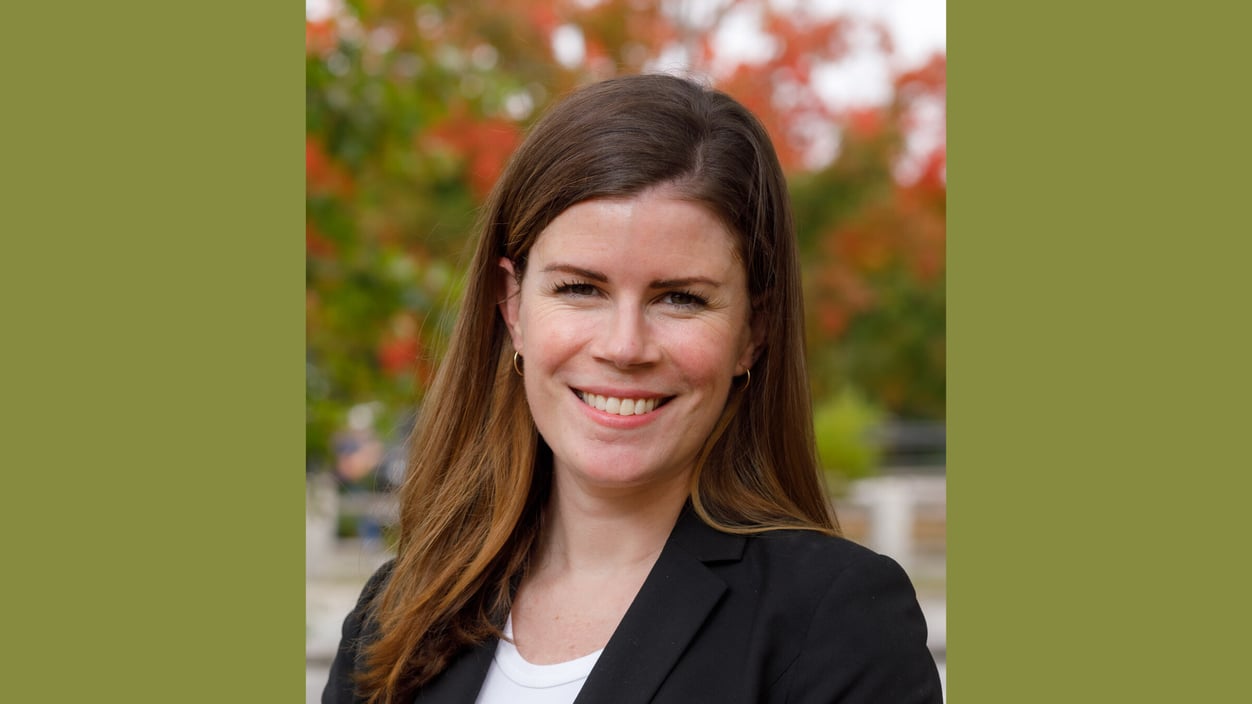wunderkinds
Being a patient can be a full-time job. This ICU nurse wants to make it easier
 Courtesy Russ Campbell
Courtesy Russ Campbell
Anyone who's spent extended time in the health care system knows that keeping track of one's care is a lot of work. But how does all of the paperwork affect patient care and outcomes?
STAT Wunderkind Michael Anne Kyle saw some of these systemic inefficiencies when she was an ICU nurse. She spent five years working in community health organizations to help people enroll in programs such as Medicaid, then began studying health policy and management, eventually getting her Ph.D. from Harvard Business School.
Her research centers on how the administrative burden on patients affects their care, which can help inform fixes, but also makes people feel seen. Clinicians often run into these hurdles too, and fight to keep their patients out of it, but that's no way to run a health care system, she says.
"Having one person who cares is kind of the linchpin in a lot of this stuff," Kyle said. "It's great if you have that, but a system can't be set up on the basis of someone's good heart." Read more from STAT contributor Allessandra DiCorato, and check out the full list of 2024 Wunderkinds if you haven't already.
gummy bears
Why tardigrades are radiation-proof
Tardigrades — also known as "water bears" or "moss piglets" — are microscopic, eight-legged gummy-bear-like organisms that can survive extreme environments, including being dehydrated, the Antarctic, volcanoes, and outer space. They also have a resistance to radiation that's about 1,000 times higher than that of humans. But until now, it's been unclear why.
In a study published yesterday in Science, scientists combined genome, transcriptome, and proteome data (that's "multi-omics," for those of you who understand the jargon better than me) to look at what genes might be protecting tardigrades. They found several different effects. First, tardigrades may have borrowed a gene from bacteria that lets them produce betalains, a kind of pigment that's capable of scavenging free radicals (a cell-damaging result of radiation.)
The researchers also found a tardigrade-specific, radiation-induced protein that accelerates the repair of double-strand breaks in DNA, and two mitochondrial proteins that other organisms also have but that tardigrades produce in higher amounts in response to radiation, which also help speed up DNA repair. The results may provide inspiration for promoting human health and combating diseases, the authors wrote.
public health
The latest on IV shortages after Hurricane Helene
A few weeks ago, we told you about the shortage of IV supplies due to a plant in North Carolina — which supplied 60% of the nation's IV solutions — closing because of Hurricane Helene damage. Hospitals across the country declared their own shortages and canceled surgeries, giving less-critical patients Gatorade to drink in order to stretch supplies of saline.
Baxter, the company whose plant was shut down, has some good news to share: Its plant is back to pre-hurricane staffing levels, and production on its highest-throughput line will restart in the next week, with products starting to roll out in mid- to late-November, ahead of expectations.
The FDA has also temporarily authorized importing various products from Baxter facilities in Thailand and Singapore, in addition to seven other plants across the globe — Canada, two sites in China, Ireland, the UK, Mexico, and Spain.


No comments